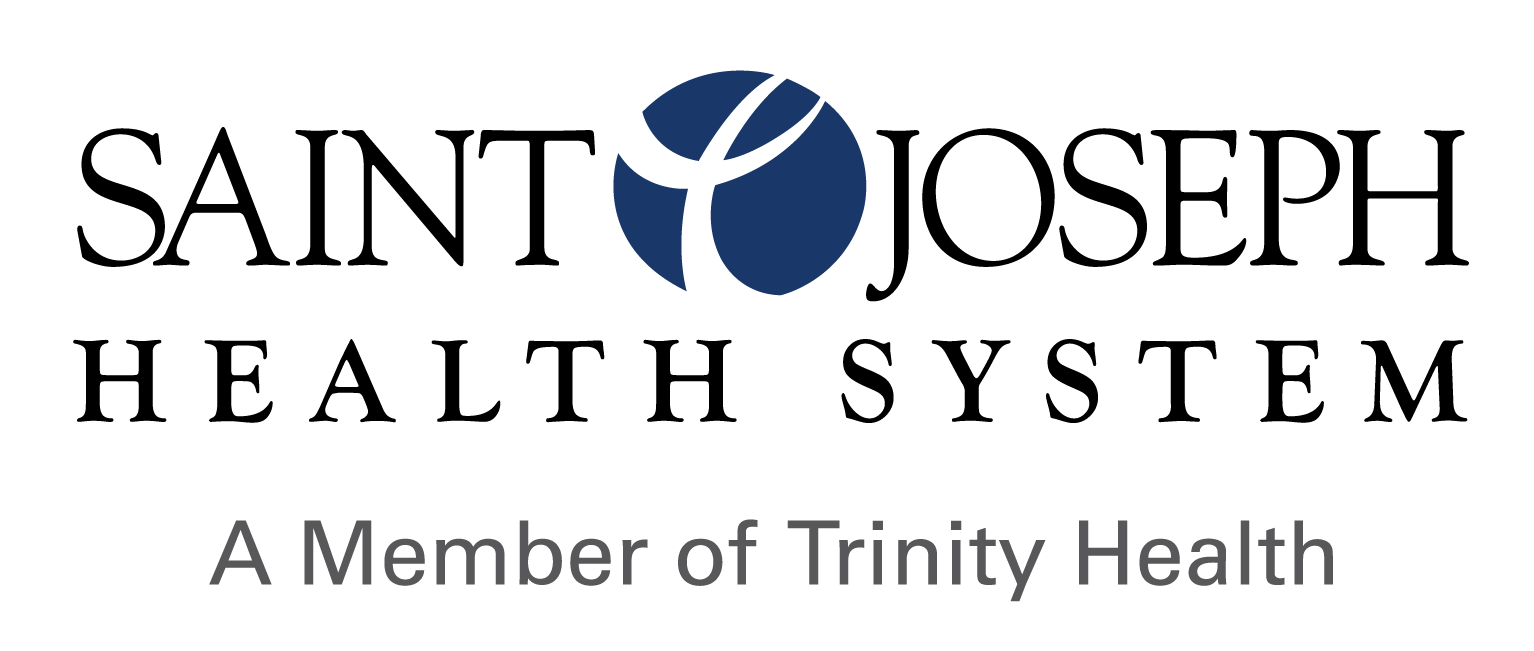Consumer Assistance Process
Our Consumer Assistance Department will review your case, thoroughly looking for any criteria that may qualify you for a program(s). Once it is determined that you qualify for a program, a Consumer Assistance Specialist will be assigned to your case. The Consumer Assistance Specialist will help the patient navigate through the application and eligibility processes. While each patient’s case may vary based on medical and financial criteria, here is a list of just a few of the programs that the Consumer Assistance Department offers assistance with:
Programs
Medicaid (Indiana & Michigan)
Medicaid is a state and federal health coverage program that is available to low-income individuals and families who fit into an eligibility category. These categories may include your age, whether you are pregnant, disabled, blind, aged, your income and resources (bank accounts, real property or other items that can be sold for cash). If you are uninsured and have been diagnosed with a serious illness, you may qualify for Medicaid. You may also qualify for Medicaid if you reside in or are being transferred to a nursing home. Medicaid may cover current and prior medical expenses that may have occurred 90 days from the date you apply for assistance.
Qualified Medicare Beneficiary (QMB)
This Medicaid program is meant to fill in the gaps of Medicare. QMB pays Medicare co-payments and co-insurance amounts for medical services covered by Medicare, including the co-payments for Medicare-approved skilled nursing home care. It also pays the Medicare Part B premiums for eligible clients. QMB does NOT pay for any services NOT covered by Medicare.
Healthy Indiana Plan / HIP 2.0
HIP is for uninsured Hoosier adults aged 19-64. Individuals must meet certain income guidelines. A single adult earning less than $20,000, or a family of four earning less than $40,000, are likely to meet the basic financial requirements. Individuals must not have access to employer sponsored health insurance coverage and must be uninsured for the previous six months. Unlike Medicaid, current and prior medical expenses are not covered.
The Marketplace/The Affordable Care Act
The Affordable Care Act requires everyone legally living in the U.S. to have health insurance. It gives millions of individuals access to health insurance plans at different cost levels. The law also provides financial assistance to those who qualify based on family size and income.
SJHS Financial Assistance Program
The Consumer Assistance Department also works with the health system’s financial assistance program; however, you must cooperate in applying for other local, state and federal programs, when eligible, in order to be considered for financial assistance.
SJHS Community Health Centers
If you are in need of a physician and are uninsured or underinsured, you may also qualify for one of our Community Health Centers. These centers provide low-cost and free healthcare services, based on your income, to cover routine office visits, inpatient and outpatient services and medication assistance.
